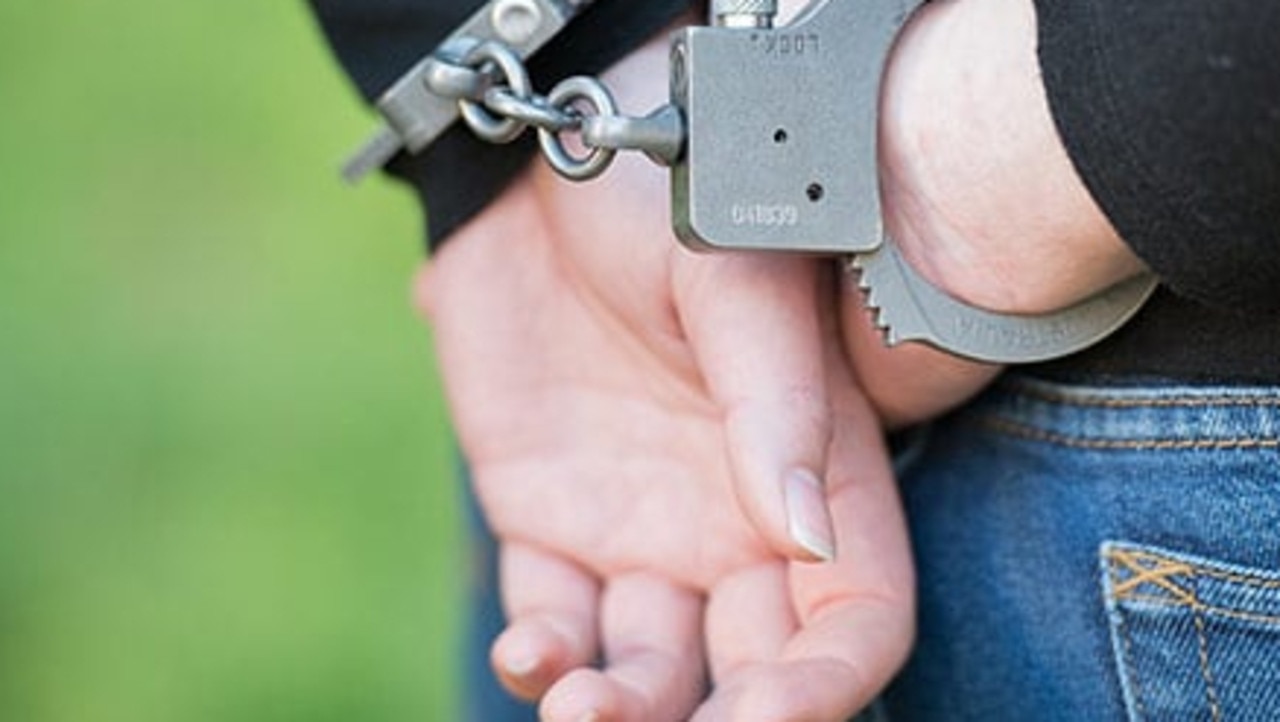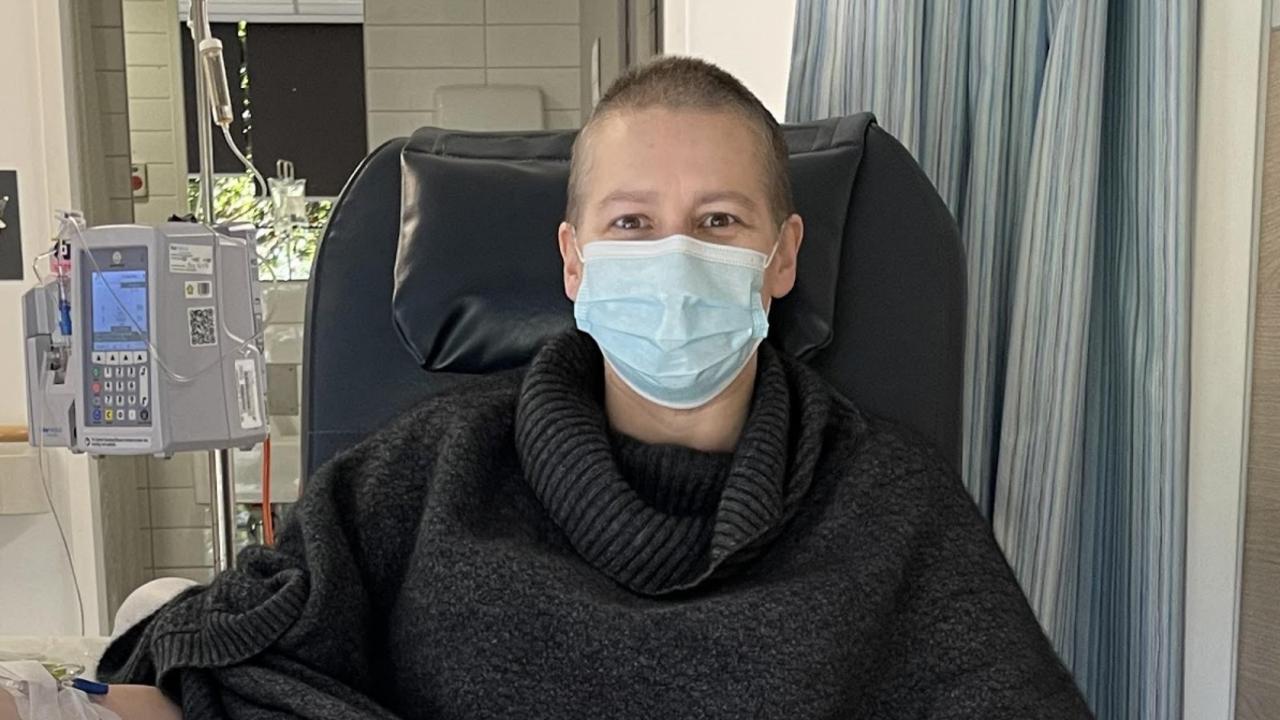Darcy Byrne: Inner West Council mayor speaks about Labor majority, future plans
There’s renewed drive among Darcy Byrne and the Labor councillors in the Inner West Council as focus shifts to Covid recovery and making local government as effective as possible.

Inner West
Don't miss out on the headlines from Inner West. Followed categories will be added to My News.
The first Labor majority in the Inner West Council has vindicated the campaign run by returning mayor Darcy Byrne and the party’s seven other councillors, as the group gets to work on the impact of Covid and reaching out across the political spectrum to make local government work for everyone.
Labor saw their number of councillors increase by three at the local elections in December, going from five to eight representatives in the 15-seat council, a majority of one.
After being replaced as mayor for a three-month window before the December elections in what Mr Byrne at the time described as a “backroom deal”, the mayor said he felt voters responded to Labor’s work in the last term and the campaign the party ran.
“Being removed as mayor for three months was a pretty strange situation,” said Mr Byrne.
“I’m proud of our whole team, the way that we conducted the campaign, and to have received such resounding support is great motivation for us to try to take the council to the next level.
“The fact that our representatives increased from five to eight – for the first time in decades – means that our outright majority gives us a big responsibility to govern in the whole community interest.
“It’s a unique opportunity to deliver a really ambitious and thoughtful policy agenda.”
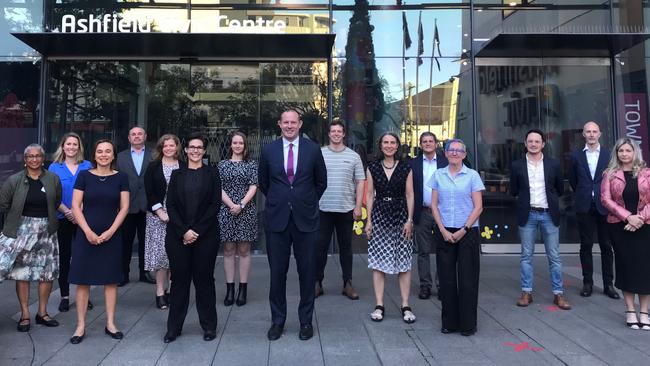
While elated at the result for his party, Mr Byrne is aware there were people who didn’t vote for Labor and he’s keen to reassure residents there would be a renewed focus to work across party lines and make local government work for everyone.
“I think it’s important for our team to recognise that there’s lots of people out there who didn’t vote for us, but who share lots of the same principles and want to see the council getting things done for the local community,” he said.
“And we want to bring those people inside the tent and include as many people as possible in decision making.
“We want to get the community enthusiastic about what we can achieve here in the inner west.”
The olive branch offered by Mr Byrne isn’t limited to within the council or suburb, he’s also keen to alter the relationship between the Inner West Council and the state government, for the betterment of residents.
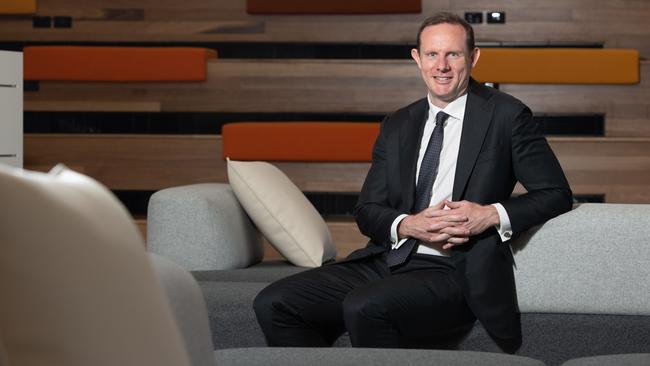
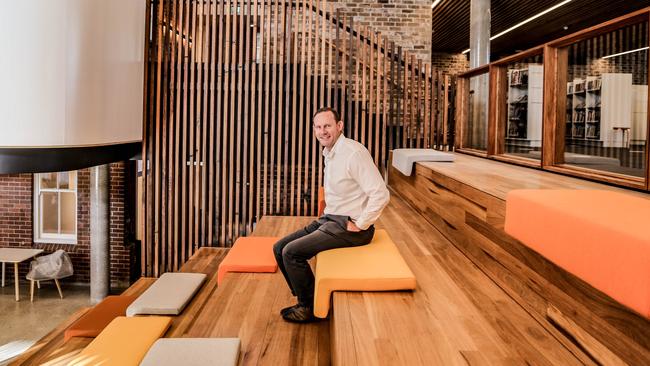
“We want to have a much more positive relationship with state and federal governments, regardless of their political persuasion,” he said.
“But we do need a fair deal.
“Just because the inner west isn’t a Liberal stronghold shouldn’t mean that we can’t build co-operation between the local government and the state government.”
The mayor referenced the exclusion of the Inner West Council from the $252 million slush fund in 2020 as a difficult period for the council.
“We had one hand tied behind our backs to an extent because we weren’t receiving any grant funding, while Philip Ruddock’’s Hornsby electorate received $90 million,” Mr Byrne explained.
“That was really challenging, but we want to turn that relationship around.”
“I’ve deliberately worked at having a good relationship with people like Rob Stokes (NSW Planning and Public Spaces Minister) and while I don’t agree with the Dominic Perrottet’s handling of Omicron, we’ve had a beer at Leichhardt Oval cheering on the Tigers.
“So I’m really keen for us to reset that relationship and to get a fair deal for the people of the inner west.”
Two of the main topics that require immediate attention are the continued recovery from the Covid pandemic, as well as the small issue of de-amalgamation, which saw about 60 per cent in favour at the plebiscite in December.
“The hospitality, arts and music sectors make up a huge proportion of the inner west employment base,” Mr Byrne explained.
“And they‘ve been hammered by Covid.
“There’s a lot of business owners who are telling me that they’re on the brink.”
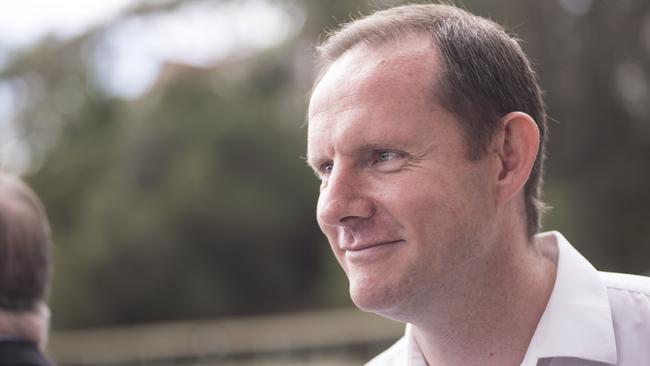
Mr Byrne explained it’s vital the council help residents and businesses suffering through the pandemic, as well as planning for the eventual post-Covid recovery.
“We’re going to need a lot more outdoor dining and live performance spaces for quite some time to come,” he said.
“I really want us now to open up new spaces so that businesses can operate safely, and then look to turn the suburb into an ‘al fresco destination’ for all of Sydney.”
On the back of December’s de-amalgamation vote, council will prepare a business case for the demerger and submit it to the government.
“My first official correspondence as mayor was a letter to the local government minister, to notify her of the result of the de-amalgamation poll and to bring to attention that council will be preparing a business case for the demerger, and submitting it to the government,” Mr Byrne said.
As the term moves forward, Mr Byrne is keen for party politics to be put aside and council work for its boss: the people.
“My friend and mentor Tom Uren always said that the local government is crucial to the success of society because it’s the level of government closest to the people,” the mayor said.
“That’s what local government is at its best and it’s really important that all councillors regardless of their party act in the best interest of the council and of the community.
“Party political considerations should come a long way after that.”




